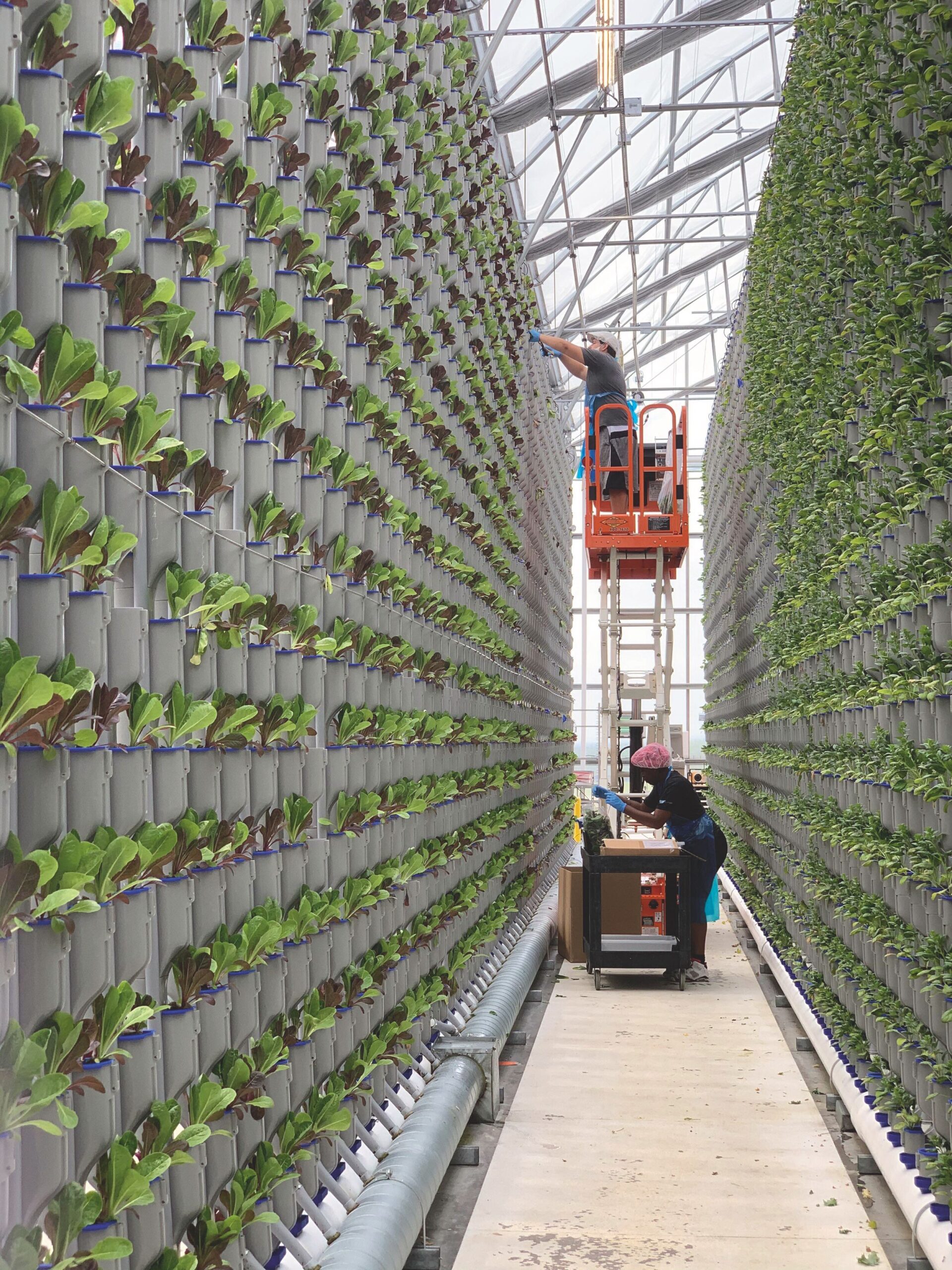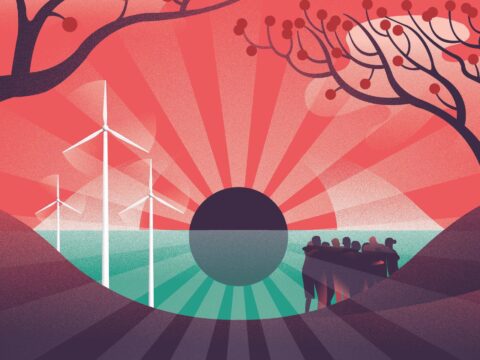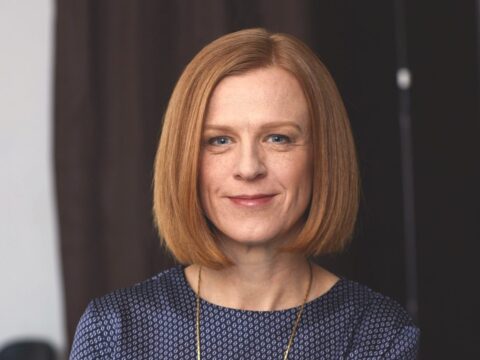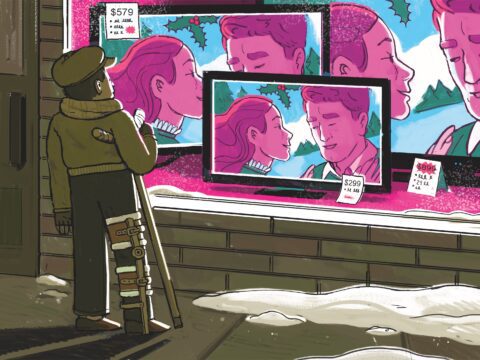What happens when two self-avowed sci-fi nerds whose day jobs are studying problems in the global food system get bored during a pandemic? They embark on a two-year-long thought experiment to redesign the way we grow food on Earth. And they hang it all on what we’d have to do if we landed on Mars with little but appetites and ingenuity.
In other words, Dinner on Mars: The Technologies that Will Feed the Red Planet and Transform Agriculture on Earth is not really about Mars at all. The book is an eccentric conversation between two wise prophets, Evan D.G. Fraser and Lenore Newman, about what’s wrong with our planet’s agriculture and how it could be right.
It’s a neat notion to set the scene so far away — and a sexy one. Devising an agricultural system from scratch feels far more manageable than tackling the cascading problems embedded in the ones we have now.
Consider today’s awful progression: faceless industries are taking over small farms to produce monoculture crops, using vast amounts of fertilizers, pesticides, herbicides and fungicides to force them to grow. The result is depleted soil, water pollution, carbon emissions and the loss of whole ecosystems to the plow.
What happens once all those heavily subsidized crops are harvested? Many are confected into refined grains and sugars that deform the global diet and lead to a tsunami of illness. Then there are the horrors of factory farms and feedlots and atmosphere-scotching methane discharges.
And, still, hunger. Even though Earthlings grow more food now than at any other time in history — a whopping 2,800 calories a day for every person on the planet — hunger is rising while waste abounds, write Fraser, director of the Arrell Food Institute at the University of Guelph in Ontario, and Newman, the Canada Research Chair in food security and the environment at the University of the Fraser Valley in British Columbia.
Not only that, but the calories we’re growing so wastefully are the wrong ones, they argue. If everybody ate as many fruits and vegetables as nutritional guidelines suggest — half our diet — we’d have to grow four times as many of them as we do now.
“In short, our food system is a mess, not fit for feeding us in the twenty-first century,” the authors conclude.
More on Broadview:
- Climate risk index shows threats to 90 percent of the world’s marine species
- 6 books about the climate crisis that offer hope
- This environmental advocate leads youth through small actions and big ideas
How to fix it? Rather than setting out a dull prescription, Fraser and Newman deliver a raft of saucy solutions, taken from their impassioned debates over Zoom during lockdown.
For example, there’s the radical thought that agriculture could be condensed into thrifty, smaller, more efficient spaces assisted by advances in nanotechnology and enhanced by careful tending of the soil microbiome. Or we could wean ourselves off so many grains. Or learn to love the products of cellular agriculture, meaning lab-grown protein.
The larger point is that we urgently need a revolution in how we produce food, and if we are smart about it, we may not, after all, need to go to Mars to escape a debased and barren Earth.
***
Alanna Mitchell is a journalist, author and playwright. She lives in Toronto.
This review first appeared in Broadview’s December 2022 issue with the title “How to feed nine billion Earthlings.”















